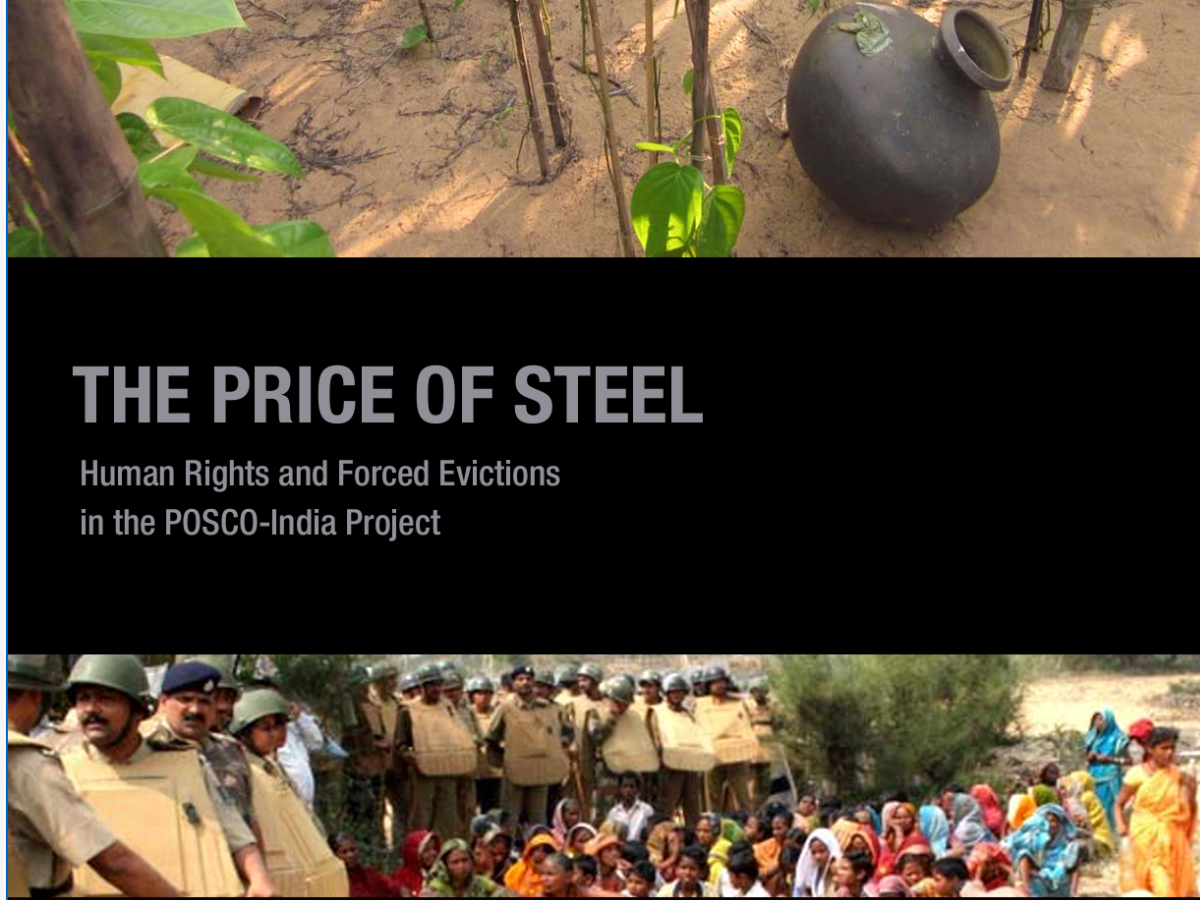This paper was prepared for, and informed by, the Women and ESCR Working Group’s consultation with members of the CEDAW Committee and CESCR on ‘Women and economic, social and cultural rights: current challenges and opportunities for advancement’, held in Geneva on 7 November 2015. Taking a substantive equality perspective in foregrounding a substantive equality analysis in its collective projects and activities, the Women and ESCR Working Group encourages a shift from a gender-neutral approach limited to ensuring similarity of treatment, to one that considers the effects of particular (in)action. To start, substantive equality requires consideration of indirect discrimination against women, where an apparently neutral law, policy or practice affects women adversely in a disproportionate way, because of biological difference and/or the ways in which women are situated or perceived in the world through socially and culturally constructed gender differences. More broadly, the achievement of substantive equality in practice requires a multifaceted approach which: redresses disadvantage (based on historical and current social structures and power relations that define and influence women’s abilities to enjoy their human rights); addresses stereotypes, stigma, prejudice, and violence (with underlying change in the ways in which women are regarded and regard themselves, and are treated by others); transforms institutional structures and practices (which are often male-oriented and ignorant or dismissive of women’s experiences); and facilitates social inclusion and political participation (in all formal and informal decision-making processes).
Resource | Advocacy | Reports & Briefings
